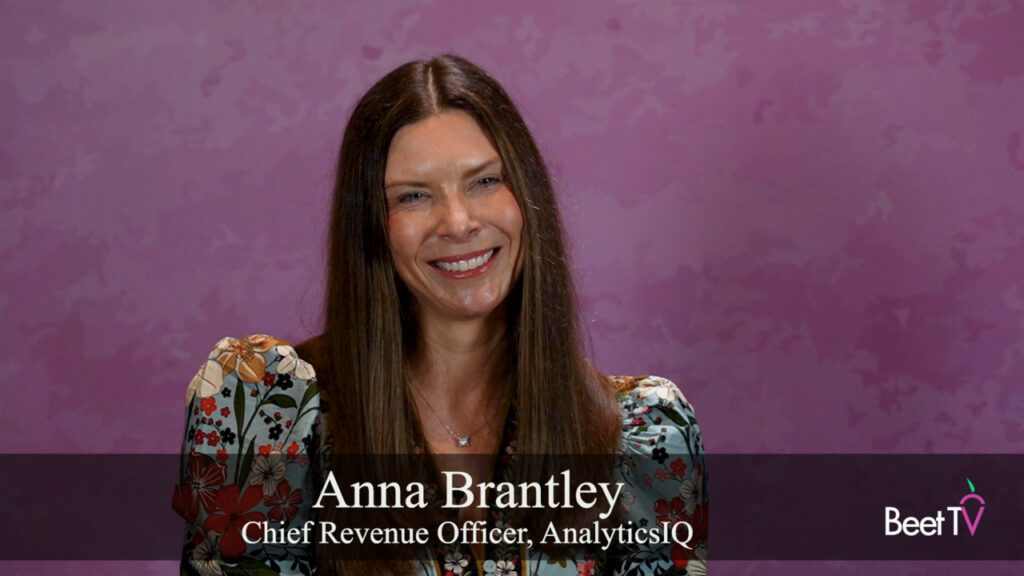When Roku’s CEO told The Vergecast podcast last week the company wasn’t a hardware company but an advertising one, it seemed to surprise watchers.
But he wasn’t kidding. Roku, which has been making streaming media players for TV for a decade now, generated $225 million in platform revenue last year, which includes advertising. According to this Motley Fool analysis, whilst eMarketer has forecast that will reach $290 million this year. The total revenue last year was $513 million which includes sales of Roku devices as well.
The company benefits from a large install base and by opportunities to sell ads in to a portion of inventory owned by video service providers running over Roku devices. Now Roku is leaning in to the ad business fully, last month launching a marketplace where TV networks can sell their ads to target specific audiences.
In this video interview with Beet.TV, Roku demand partnerships VP Seth Walters explains: “We’re calling this the Audience Marketplace. It’s a new way for buyers and sellers to transact premium inventory on Roku. Publishers can convert their broad-based video inventory that runs on the platform to target it.
“For buyers, it’s about eliminating waste and addressing a more relevant audience with their ads that they serve and the campaigns that they run directly with publishers on the platform.”
So far, Fox, Turner and Viacom have all signed up to make their inventory available through Audience Marketplace, lending heavyweight network credibility to Roku’s offering.
Ads can be targeted based on Roku’s user registration data, advertisers’ first- or third-party data sets plus Roku’s own captured viewer behaviour data as sourced through recording viewers’ streaming behaviour, plus monitoring for viewership using automated content recognition built in to smart TVs on which Roku’s software is installed.
In one more indication of how important advertising is to Roku, Walters joined the company from an ad agency, leaving as president of Group M’s advanced TV unit MODI Media last September after a long tenure in agency land.
“In Q1 of this year, our platform business, which includes advertising, for the very first time revenue exceeded that of the player business, which is actually hardware sales,” he adds.
“(Advertisers) know that the audiences are there (on OTT platforms), and they know that they increasingly have to think about OTT as a channel where they’re running and messaging to their consumers in order to get scale.”
He says Roku’s ability to insert ads in to inventory from a multitude of services carried on its platform makes ad buying more straightforward than going to each of those individual services directly.














































